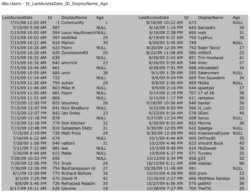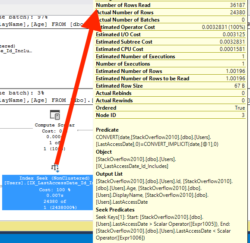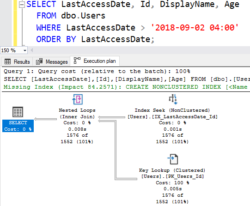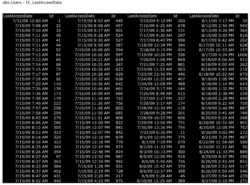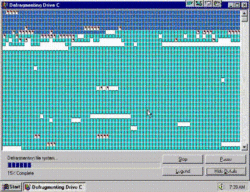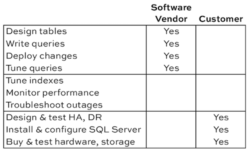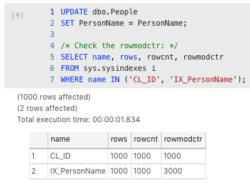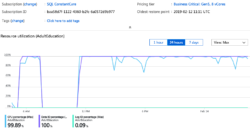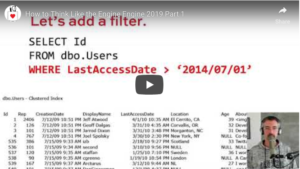How to Think Like the SQL Server Engine: Included Columns Aren’t Free.
3 Comments
In our last cliffhanger episode, I said that if we ran this query: Transact-SQL UPDATE dbo.Users SET Age = Age + 1 WHERE Id = 643; 123 UPDATE dbo.Users SET Age = Age + 1 WHERE Id = 643; And we had this index: Transact-SQL CREATE INDEX IX_LastAccessDate_Id_DisplayName_Age ON dbo.Users(LastAccessDate, Id, DisplayName, Age); 12 CREATE INDEX IX_LastAccessDate_Id_DisplayName_Age ON…
Read More
